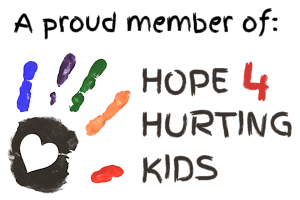…statistics show that one third of all children are likely to spend some time in a stepfamily while growing up.
Many times adjusting to a parent dating and/or getting remarried can be harder than the initial divorce. This article from the TeensHealth portion of KidHealth.org helps teens deal with adjusting to having a new stepparent. The article does not sugar coat the situation:
Sometimes a stepparent can feel like a stranger who is suddenly inserted into the most personal aspects of your life. The pressure to get along can be intense.
Despite these issue, the article presents some practical things teens can do to adjust to these new step family situations including advice on how to deal with emotions like:
- Keeping a journal
- Seeking support from a friend
- Talking to your parent or another trusted adult
The article also offers advice when it comes to “Facing the Realities.”




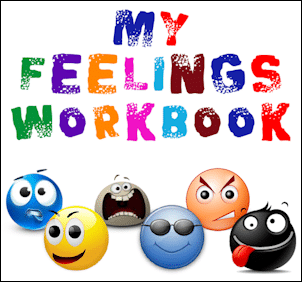 Here at
Here at 

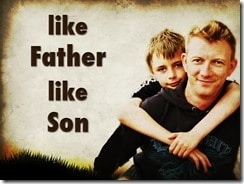
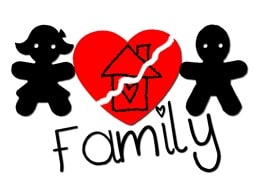
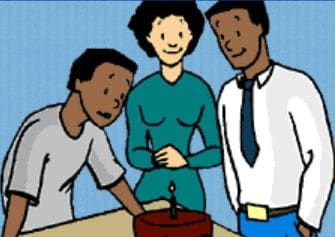
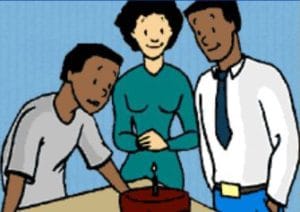 This article from Kidshealth.org will help children dealing with step and blended families. It covers issues like getting used to stepparents, what to do if you can’t get along with your new stepparent and how to make a healthy transition into a step family. This resource offers a good variety of information and useful tips for making your stepfamily work.
This article from Kidshealth.org will help children dealing with step and blended families. It covers issues like getting used to stepparents, what to do if you can’t get along with your new stepparent and how to make a healthy transition into a step family. This resource offers a good variety of information and useful tips for making your stepfamily work.
 Although you can’t eliminate the impact of divorce on your kids, working together and following some basic rules can make post-divorce life easier on your kids. Rosalind Sedacca shares seven keys to making your co-parenting relationship work for your kids following a divorce.
Although you can’t eliminate the impact of divorce on your kids, working together and following some basic rules can make post-divorce life easier on your kids. Rosalind Sedacca shares seven keys to making your co-parenting relationship work for your kids following a divorce.


